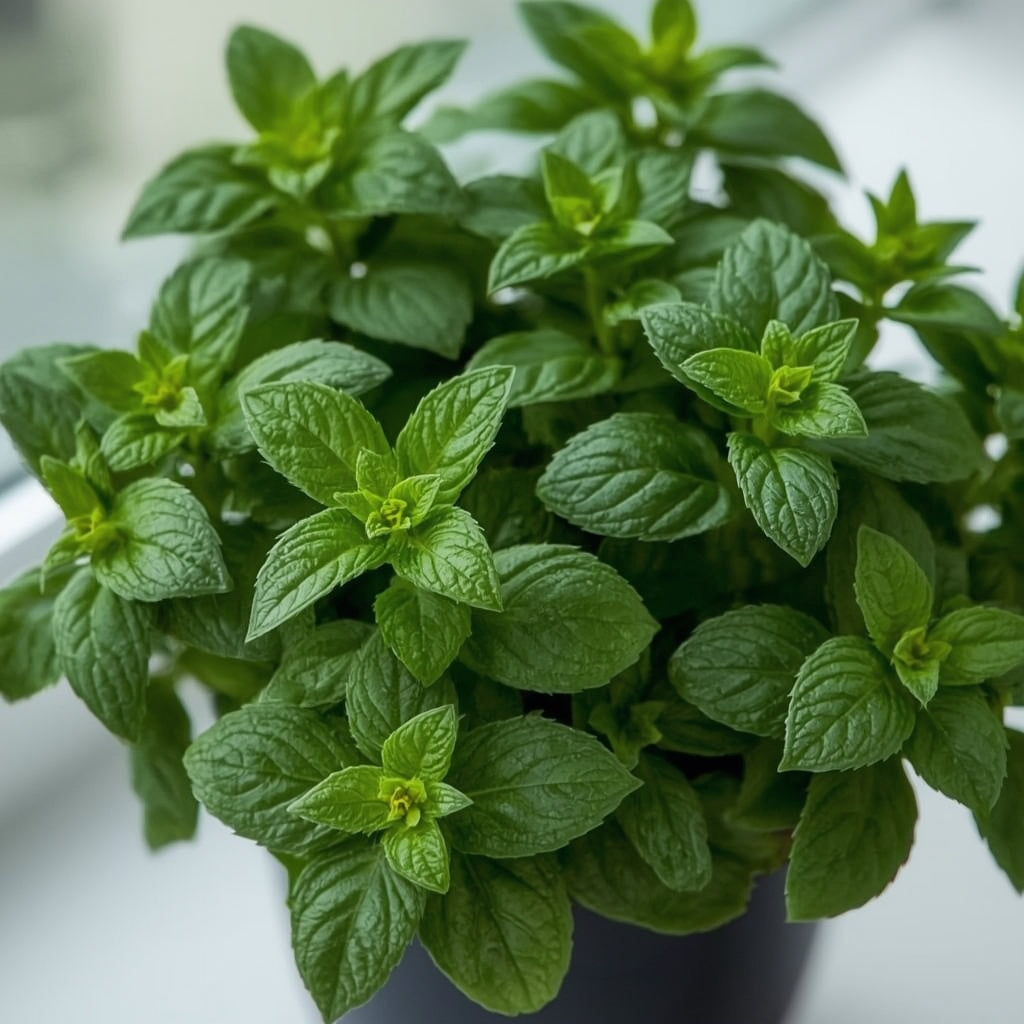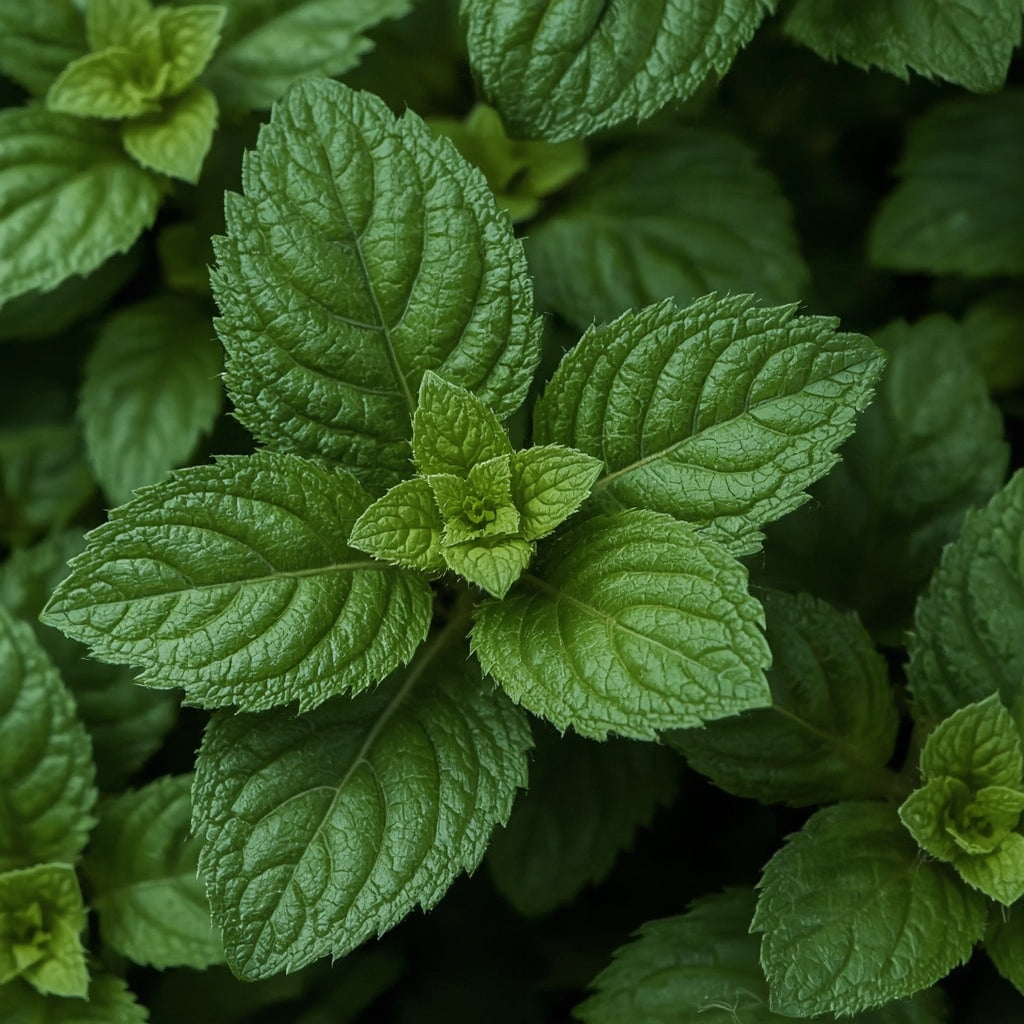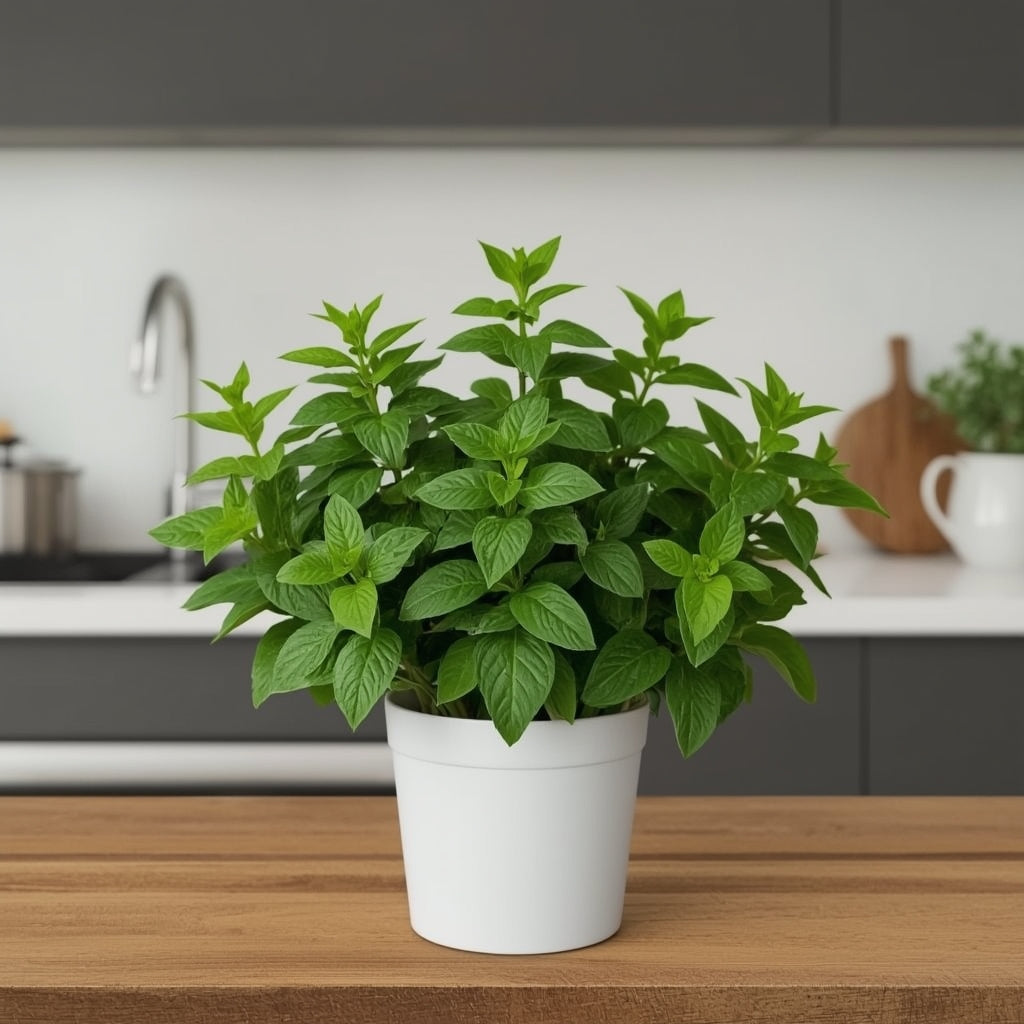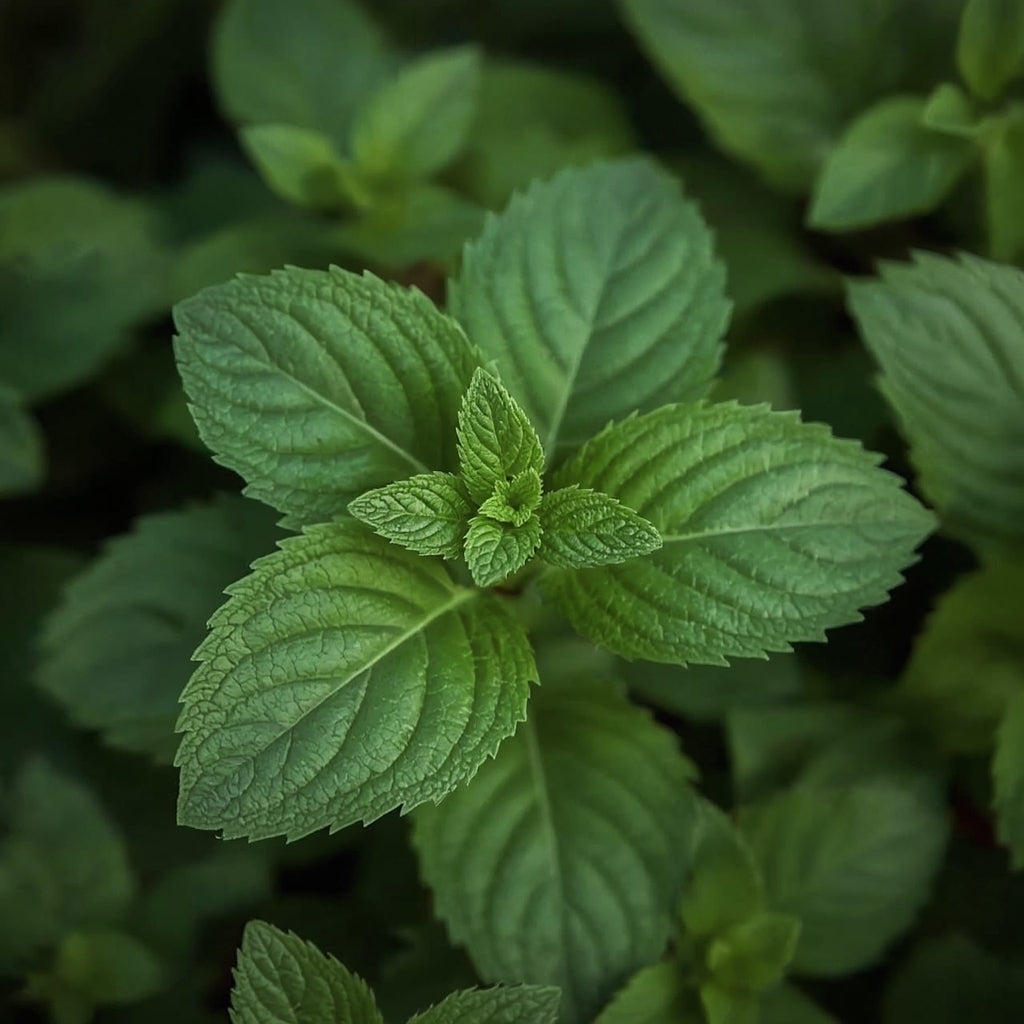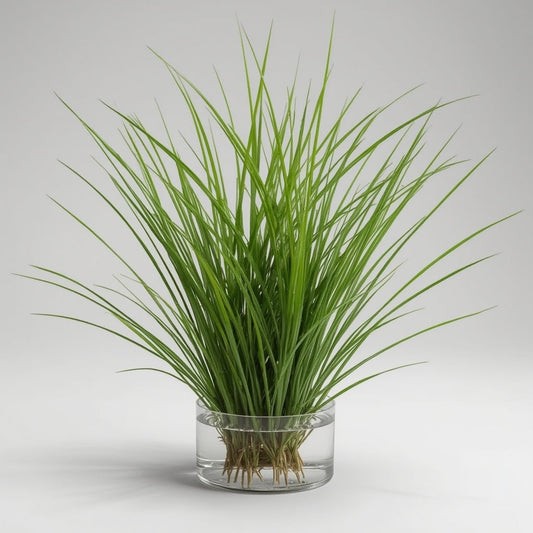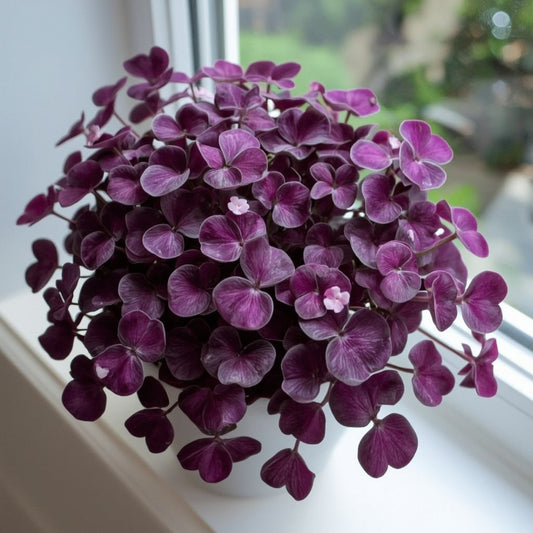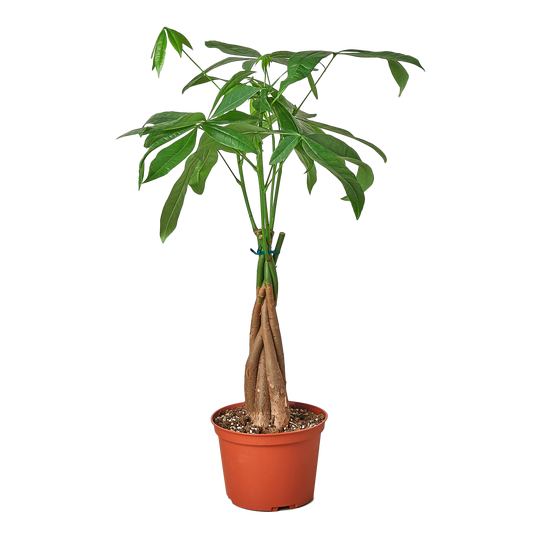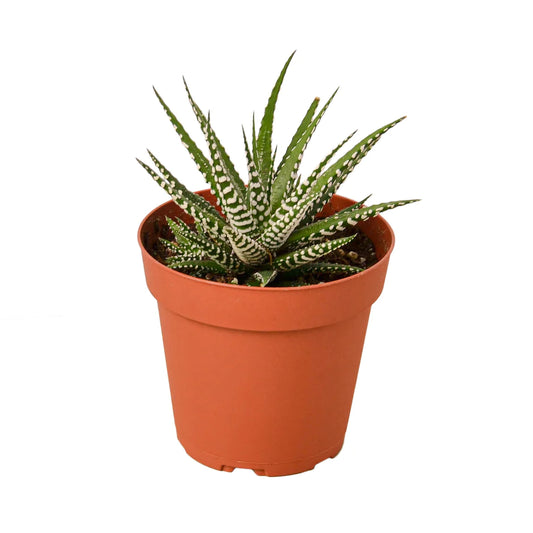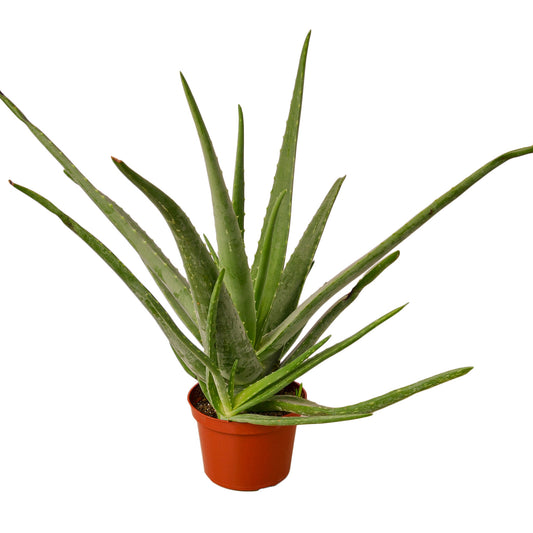Lemon Balm: Fragrant Culinary Herb Indoors
Plant Care Summary
Light
Bright, indirect light or some direct morning sun for best growth.
Water
Keep soil consistently moist; water when top inch feels dry.
Humidity
Average household humidity; tolerates various humidity levels well.
Temperature
65–75°F (18–24°C), tolerates cooler temperatures than most herbs.
Fun Facts
Bee magnet
The name "Melissa" means honey bee in Greek - bees love the flowers!
Ancient herb
Used for over 2,000 years for its calming and digestive properties.
Natural stress relief
Studies show lemon balm can help reduce anxiety and improve mood.
Rapid grower
Can be harvested repeatedly throughout the growing season for fresh leaves.
Sad Plant Signs
Yellowing leaves
Usually caused by overwatering or poor drainage.
Leggy growth
Needs more light; pinch back regularly to encourage bushy growth.
Wilting despite moist soil
May be root-bound and need a larger pot.
Loss of fragrance
Often indicates the plant needs more light or fresh nutrients.

